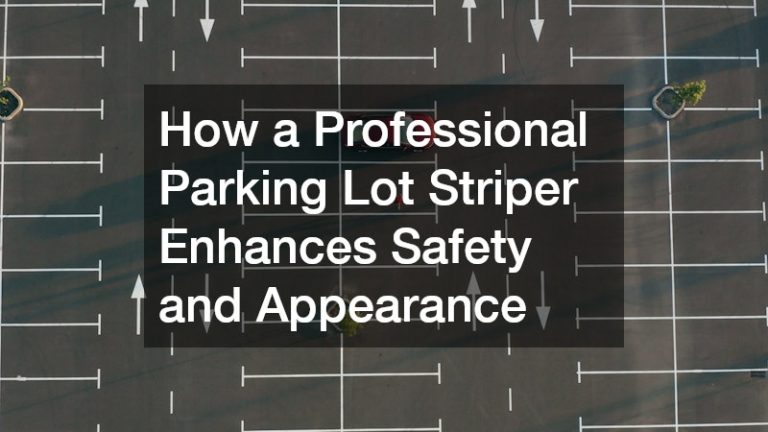

Working with heavy equipment is nothing new for those in the construction industry. Whether you’re operating cranes, forklifts, or other lifting equipment in construction, you understand that proper maintenance is key to its performance. Implementing effective maintenance ensures that the lifting tools and equipment last longer and operate smoothly, reducing the risk of costly downtime and improving the overall safety of the job site.
Custom lifting solutions often become necessary in construction to tailor operations to specific project needs. Understanding how the customization of the machines affects maintenance needs can improve their operational efficiency and adaptability in various work environments. Daily inspections and maintenance routines will help identify normal wear and tear to keep your lifting machine in prime condition and prevent break-downs.

In addition to routine upkeep, being aware of the latest advancements in lifting technology can provide you with innovative techniques to improve your equipment’s performance. Knowing which type of equipment for lifting suits specific tasks can make a substantial difference to the overall effectiveness of your operations. This article explores the best practices for equipment maintenance and custom lifting options for construction professionals to ensure that their heavy equipment runs well, fostering a culture of safety and productivity that benefits everyone on site.

If your business relies on heavy equipment, you know how important it is to keep it running the way it should. From having spare heavy equipment on hand to taking some steps to maintain it, it is possible to keep all of your heavy equipment components and machinery running well.
- Keep it clean. One of the easiest things you can do to keep your machinery running is to schedule time to clean it. You need to make sure you clean all of the heavy equipment parts to keep it all running smoothly. When dirt, mud and dust get into the various heavy equipment parts, it can do a lot of damage. When your machinery is clogged with dirt, it can cause undue wear and tear on the heavy equipment parts and force you to replace them before you otherwise would. Regular cleanings will keep you from suffering from downtime as you make repairs to your machinery and heavy equipment parts.
- Make sure all of the heavy equipment parts are lubricated properly. Using the right level of lubrication is an important step you can take to keep all of your machinery running the way you need it to. The lubrication helps prevent wear and tear from friction. The proper use of lubricants can also keep your heavy equipment parts free of any problematic build op of contaminants. It is important to carefully follow the instructions given by the manufacturer of the heavy equipment because you can damage the heavy equipment parts if you use the wrong kind of lubricant.
- Do what you can to protect the wires and electronic components. Make sure the sensitive heavy equipment parts are protected from water, dirt and debris. If the wires and circuits are exposed, they can be damaged and will break down. Keep an eye on the alternator, starters and other electronic parts in your heavy equipment. When it comes to these parts, an ounce of prevention is really worth a pound of cure.
- Pay attention to the tires. It is much easier to prevent a blow out from a tire or an break to an axle than to deal with it afterwards. Keep an eye on your tire tracks to make sure the tires are in good condition. If you are using your heavy equipment in mud, on gravel or other more extreme conditions, you should pay even more attention to your tires. Problems with your tires can lead to a dangerous situation for your workers.
- Protect your equipment. You will not be using your equipment 24 hours a day and seven days a week. When your heavy equipment is not being used, it is important to protect it from the elements including rain, snow, heat and cold. The UV rays from the sun can cause a lot of damage as well. It is therefore important to have a good space to store your heavy equipment where it will be protected from weather and the elements that can damage it.
- Do not push your machinery past its limits. When you buy new machinery and heavy equipment parts, you should take some time to read the manual. A lot of business owners do not take the time to do this but it is important to know what the limits for your heavy equipment are and not push the machinery past those points. For instance, there are a lot of kind of machinery that have different weight limits, if you do not know what those limits are, you are more likely to surpass them and damage your equipment and put your workers at risk for injury.
- Maintain good records. No matter how hard you work, there is a good chance that you will need to have heavy equipment servicing done at some point. When you have this done, you should keep records of it. You should also keep track of any issues, maintenance or other work you have done on your heavy equipment. This can help should the machinery in question start to perform at a less than optimal level.
By employing simple maintenance steps, you can keep all of your machinery operating and not have to deal with as much downtime when it needs to be repaired.




